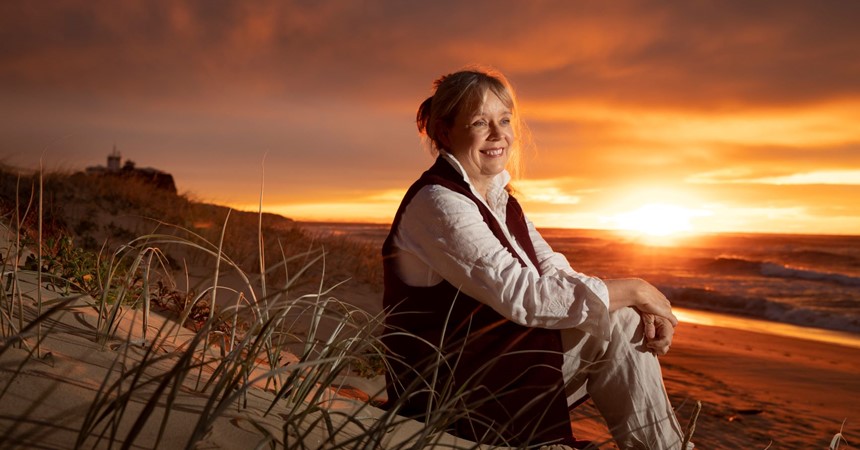Christians celebrate the Sabbath on Sunday, the first day of the week, because this coincides with the resurrection. A natural rhythm emerged from the scriptures. We work for six days, and have a one-day sabbatical, then work for six years and have a one-year sabbatical. Then we work for seven times seven years and take a Jubilee year. This is meant to be a Sabbath for the whole Earth, a Sabbath for the planet.
COVID, whilst devastating in its arrival, also created significant wonder and hope for creation as the entire world ground to a halt. Coming so swiftly after the suffocating smoke-filled days of January and February, the drought-ravished previous years, the immediacy of that first lockdown forced us to consider our self-absorption and failure to listen to the cries of the Earth. All of us are slaves to a tyranny of consumption, materialism, and convenient indifference. It is to the detriment of the most vulnerable, notably the Earth herself. This forced Sabbath reminds us that to engage in a celebration of rest and sustainability, is a commandment, not a lifestyle.
The Season of Creation, an ecumenical initiative, unfolds in September, echoing Pope Francis’s call in Laudato si’ for ecological conversion, proclaiming a mega Sabbath for the planet. It calls us to “remember the Sabbath” (Exodus 20:8) and then, to rise again – together. We are asked to assess, “to sit with” the cost of living as we do. The practice of a Jubilee for the Earth is contemplative, active work. The challenge is not to return to our wasteful ways of living. Already as we emerge from isolation, we are forgetting the cost. This return to a false normalcy is reliant on market forces rather than working towards the common good. It is a way of life that has caused disease in its selfishness.
Participating in a Season of Creation refocuses all people of goodwill to reflect on the meaning of a Jubilee for the Earth. As we straddle the world we already know, and the hope of a post-COVID world, which is not yet, it is a call to arms for all to live a life characterised by moderation, simplicity, stewardship, and sustainability.
This September, join with Pope Francis; the Archbishop of Canterbury, Justin Welby; Patriarch Bartholomew from the Eastern Orthodox church; General Secretary of the Council of Churches, Olav Fykse Tveit; and Christians and people of goodwill across the world, to not only pray together, but to tackle the real relationships between poverty and the fragility of the planet. Let us embrace new ways of living where the economy does not sacrifice community or creation. Rising to an authentic personal ecological conversion is a social benefit for the common good of the most vulnerable, weak, and poor. A gift for future generations.
If there is movement towards wholeness of soul, then there is a movement towards wholeness of the universe. “God, Earth and humanity are in a relationship.” (LS #66) When we are broken, so too are our relationships with the cosmos. When we are in communion, in deep love, we bless the world around us in hope.
Let’s take this time to reflect on the blue skies over Wuhan, the images of the Himalayas from afar, the clarity of the Milky Way and swans on Venetian canals, and wonder, is this a time for a new season of hope, for the regenerative rhythms to live?






















































































